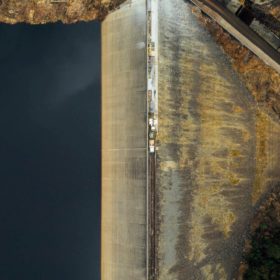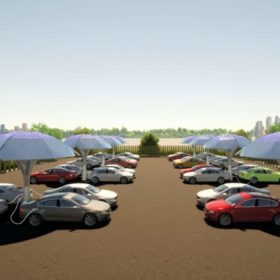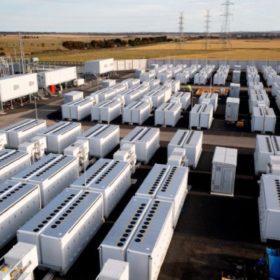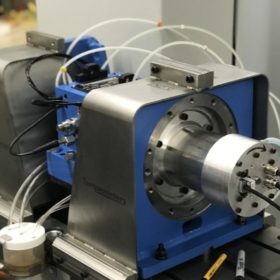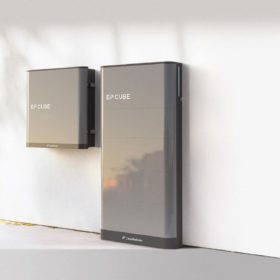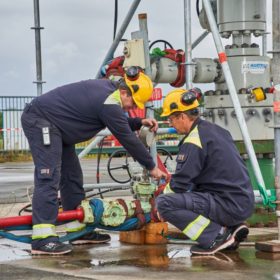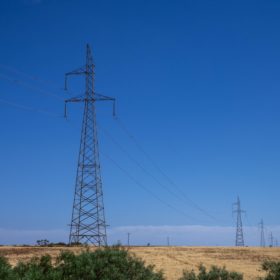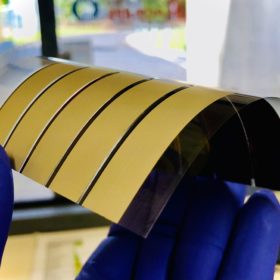FTC Solar unveils new self-powered tracking system
United States-based engineering firm FTC Solar has unveiled a new self-powered solar tracking system which it says requires up to 36% fewer foundations than existing technologies and enables an estimated 5% greater energy output for a given parcel of land.
Pumped hydro storage takes shape in the Philippines
Prime Infra recently acquired a 500 MW pumped storage hydropower project in Rizal province in the Philippines. The company is also developing a 1.4 GW facility in the country.
UK startup unveils solar trees for commercial, industrial areas
United Kingdom-based SolarBotanic Trees will begin offering its solar trees in early 2023. The systems will use monocrystalline cells with an efficiency of up to 24%, encapsulated in a 3D shape.
NSW seeks to smooth path for 700 MW/1400 MWh super battery
The New South Wales government has moved to fast track the development of the 700 MW/1400 MWh Waratah Super Battery as it looks to shore up a reliable energy supply ahead of the impending closure of the country’s biggest coal generator.
UNSW engineers build high-speed motor to boost EV range
A team of engineers from the University of New South Wales has taken inspiration from a bridge in South Korea to develop a new magnetically driven motor which has the potential to increase the range of electric vehicles.
Canadian Solar to unveil all-in-one residential battery and inverter
Chinese-Canadian PV heavyweight Canadian Solar is set to unveil a new residential energy storage unit that is compatible with new and existing solar arrays and is customisable from 9.9 kWh to 19.9 kWh capacities.
Scientists study transparent organic PV materials for solar window applications
A team of scientists in the United States have designed a transparent organic photovoltaic material for solar window applications in commercial buildings.
Underground caverns to help unlock Australia’s hydrogen industry
Australia’s ambitions to become a major player in global green hydrogen production and trade have received a boost with a new report from Geoscience Australia confirming the potential for large-scale, underground storage of hydrogen in salt caverns across the country.
NSW refines transmission plans for Central-West Orana REZ
The New South Wales government’s plans to develop a renewable energy zone in the state’s central west is one step closer to fruition following the release of the scoping report for the transmission infrastructure required to connect at least 3 GW of new renewable energy generation capacity to the grid.
Flexible, roll-to-roll printed perovskite solar cell hits 16.7% efficiency
A team of scientists from the CSIRO have demonstrated a flexible perovskite solar cell using roll-to-roll compatible “printing” type processes, which could potentially be applied in large-scale manufacturing. Of particular note is the development of a viable roll-to-roll process to deposit the electrode layer, which has thus far been a major challenge. Cells fabricated by the group achieved a maximum efficiency of 16.7%.
